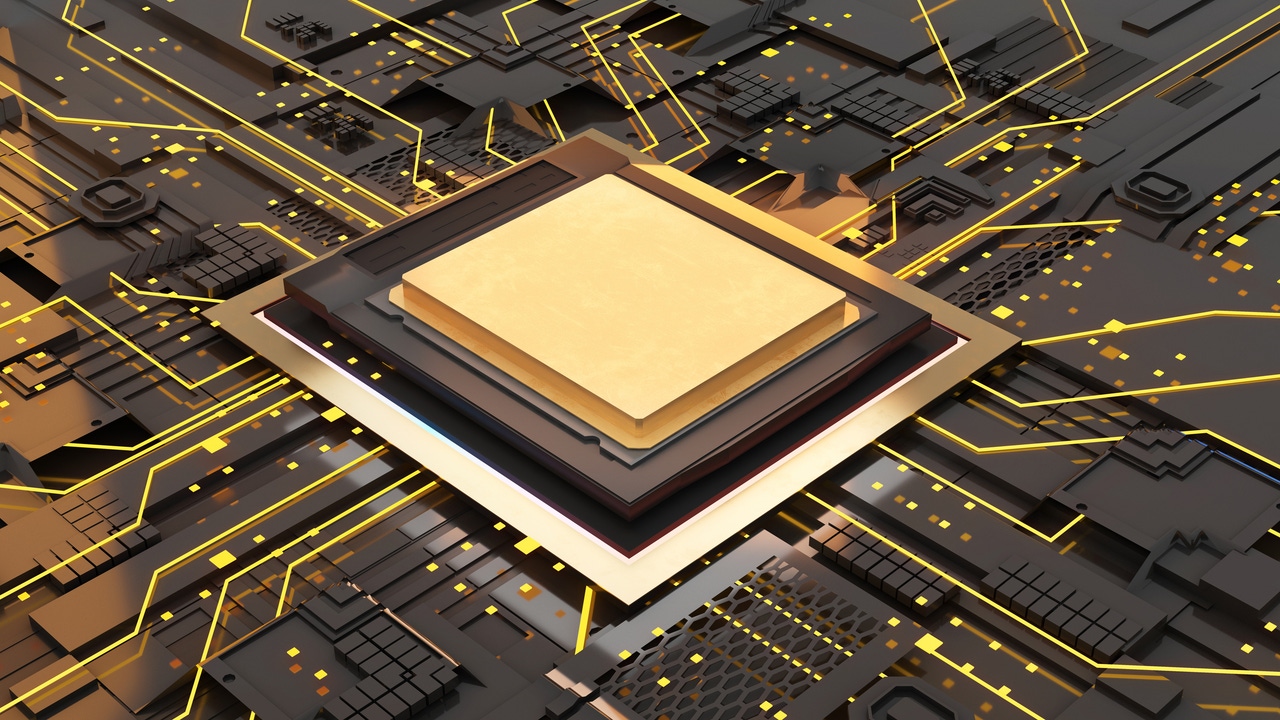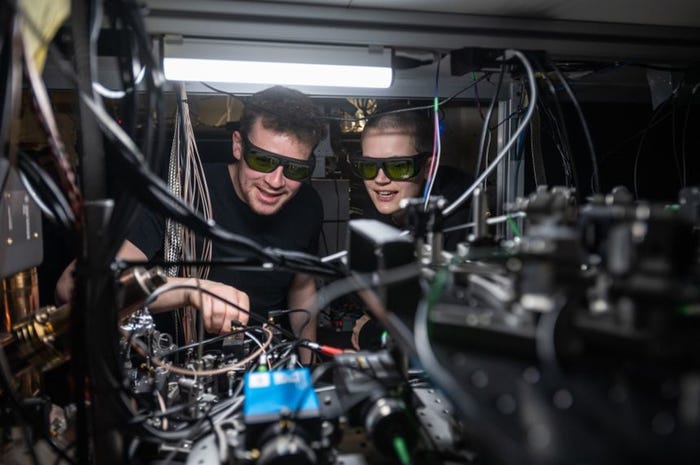
Connects decision-makers and solutions creators to what's next in quantum computing
The Synergy Between Quantum Computing and AIThe Synergy Between Quantum Computing and AI
The two technologies represent the next frontier in technological advancement, offering unprecedented opportunities and challenges

In today’s rapidly changing technological landscape, two groundbreaking advancements stand at the forefront: quantum computing and artificial intelligence (AI). As traditional computing approaches its limits, quantum computing promises to revolutionize how we process information, solve complex problems and enhance AI capabilities. Meanwhile, AI continues to transform industries, driving innovation and efficiency across various sectors. Together, these technologies represent the next frontier in technological advancement, offering unprecedented opportunities and challenges.
How Quantum Enhances AI
AI, especially machine learning (ML) models, has made significant strides in various fields. However, a persistent challenge remains — dealing with datasets that have very complex correlations. For instance, while AI does a great job of translating sentences from Spanish to English, it struggles to capture tone and artistic styles that are present in longer-form writing like essays or poems.
One of the breakthroughs that quantum computing can enable is extending AI to address these datasets where "context clues" are necessary to capture meaning. At its core, quantum computing relies on a property called contextuality, which endows qubits (quantum bits) to represent contextual clues naturally. Unlike classical bits, which can be either 0 or 1, qubits can exist in a superposition of states, allowing them to represent multiple possibilities simultaneously. This property, combined with quantum interference effects, enables quantum computers to process data with fundamentally improved performance, which is crucial for complex problem-solving.
Timeline of Quantum & AI
Experimental demonstrations have shown speedups in proof-of-concept settings. For instance, the Quantum Contextual AI for Long-range Correlations (Q-CALC) program led by Infleqtion in the UK aims to exploit quantum contextuality to achieve significant computational speedups, particularly in applications requiring the capture of complex correlations.
In addition, the 2022 Nobel Prize in Physics was awarded for foundational experiments in this space. To fruitfully apply this technique to real-world applications, larger and more reliable quantum computers are needed. Given recent progress on size (e.g., 1600 qubits recently demonstrated) and reliability in recent experiments, the quantum community is at the cusp of running exciting applications.
Continued research in quantum algorithms tailored for specific applications will be critical, as well as the development of hybrid quantum-classical systems that can bridge the gap between current classical computing capabilities and future quantum advancements. Another factor to consider is the education and training that will be necessary for building a skilled workforce equipped with quantum computing knowledge for translating theoretical breakthroughs into practical solutions.
Effects of AI Quantum Computing on General Applications and Commerce
Once fully deployed on large and reliable quantum computers, these quantum AI techniques will enable applications that benefit from more memory. For instance, imagine if businesses could have their tax preparation accelerated by being able to upload every raw Excel spreadsheet from their accounting department into an AI model. Such a model is far beyond existing AI/ML capabilities, but enhancement with quantum computation opens exciting possibilities for advancement at this "long-context" frontier of supercharged AI.
Thought leaders like BCG and McKinsey forecast that Quantum AI will drive innovation for solving complex logistical problems, such as route optimization and inventory management more efficiently, leading to cost savings and enhanced operational efficiency. Enhanced predictive models can provide more accurate demand forecasts, helping businesses manage resources better and reduce waste. Other benefits could include predicting equipment failures before they happen and reducing downtime and maintenance costs. The new business models and opportunities are substantial, particularly in industries heavily reliant on complex correlations or molecular data, such as energy or pharmaceuticals.
As quantum computing revolutionizes data processing and complex problem-solving, it stands to significantly enhance AI capabilities, enabling breakthroughs in machine learning, optimization and contextual understanding. The experimental success and recent advancements in quantum technology indicate that we are on the brink of deploying these powerful tools in real-world applications.
With the potential to supercharge AI, quantum computing promises to transform industries, drive innovation and redefine the boundaries of technological achievement.
About the Author
You May Also Like
.jpeg?width=100&auto=webp&quality=80&disable=upscale)
.jpeg?width=400&auto=webp&quality=80&disable=upscale)




